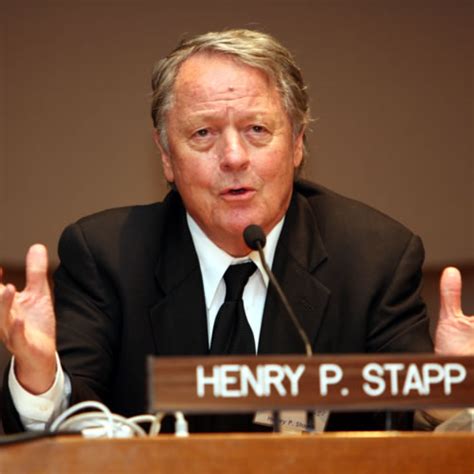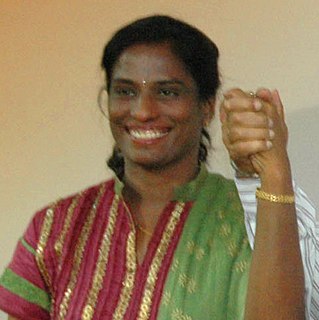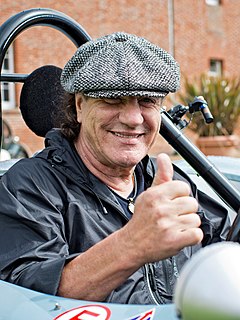A Quote by Ann Druyan
Science reserves the highest reward for those of you who disprove our most cherished beliefs. At any moment someone from any walk of life could come forward and be responsible for a complete revision of our view of everything.
Related Quotes
There is a reward structure in science that is very interesting: Our highest honors go to those who disprove the findings of the most revered among us. So Einstein is revered not just because he made so many fundamental contributions to science, but because he found an imperfection in the fundamental contribution of Isaac Newton.
Externalists reject any such view. I think that the idea that we can tell, simply by way of reflection, whether our beliefs are justified, is deeply commonsensical. More than that, the idea that responsible epistemic agents ought to reflect on their beliefs, and hold them only if they somehow pass muster, is utterly natural.
Our beliefs about ourselves in relation to the world around us are the roots of our values, and our values determine not only our immediate actions, but also, over the course of time, the form of our society. Our beliefs are increasingly determined by science. Hence it is at least conceivable that what science has been telling us for three hundred years about man and his place in nature could be playing by now an important role in our lives.
Death can come at any moment. You could die this afternoon; you could die tomorrow morning; you could die on your way to work; you could die in your sleep. Most of us try to avoid the sense that death can come at any time, but its timing is unknown to us. Can we live each day as if it were our last? Can we relate to one another as if there were no tomorrow?
But just then, for that fraction of time, it seems as though all things are possible. You can look across the limitations of your own life, and see that they are really nothing. In that moment when time stops, it is as though you know you could undertake any venture, complete it and come back to yourself, to find the world unchanged, and everything just as you left it a moment before. And it's as though knowing that everything is possible, suddenly nothing is necessary.
Banning human cloning reflects our humanity. It is the right thing to do. Creating a child through this new method calls into question our most fundamental beliefs. It has the potential to threaten the sacred family bonds at the very core of our ideals and our society. At its worst, it could lead to misguided and malevolent attempts to select certain traits, even to create certain kind of children -- to make our children objects rather than cherished individuals.
Someone with whom we have a lifetime's worth of lessons to learn is someone whose presence in our lives forces us to grow...those who consciously or unconsciously challenge our fearful positions. They show us our walls. Our walls are our wounds--the places where we feel we can't love any more, can't connect any more deeply, can't forgive past a certain point. We are in each other's lives in order to help us see where we most need healing, and in order to help us heal.
Imagine a life-form whose brainpower is to ours as ours is to a chimpanzee’s. To such a species, our highest mental achievements would be trivial. Their toddlers, instead of learning their ABCs on Sesame Street, would learn multivariable calculus on Boolean Boulevard. Our most complex theorems, our deepest philosophies, the cherished works of our most creative artists, would be projects their schoolkids bring home for Mom and Dad to display on the refrigerator door.





































